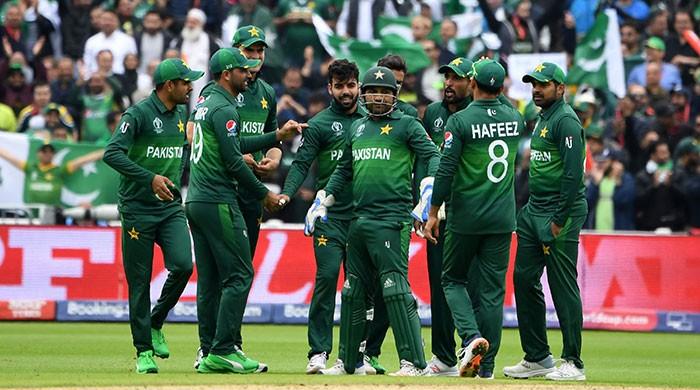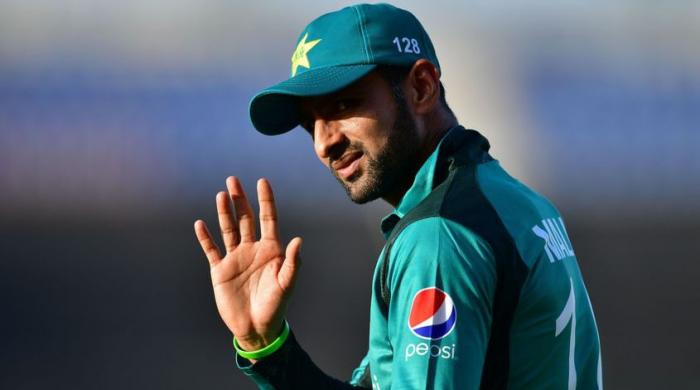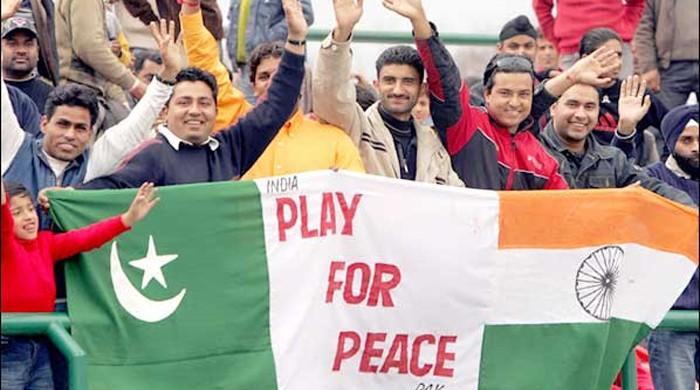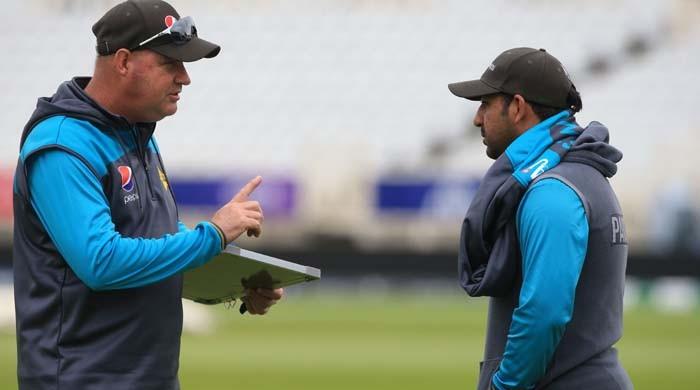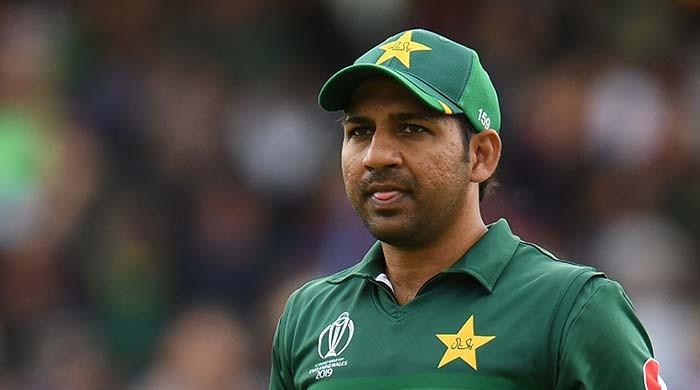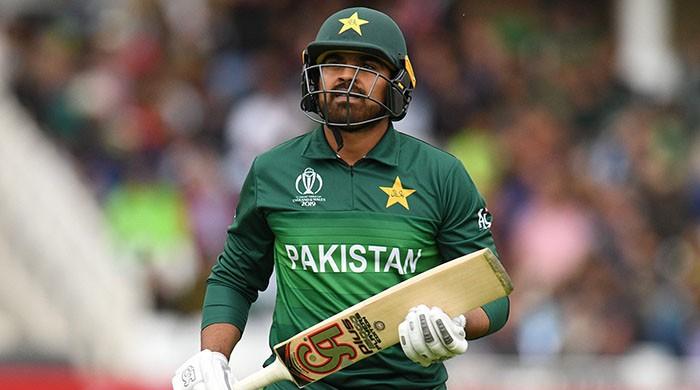Book Review: Game Changer
The hype around Game Changer was created long before it hit the stands
May 17, 2019
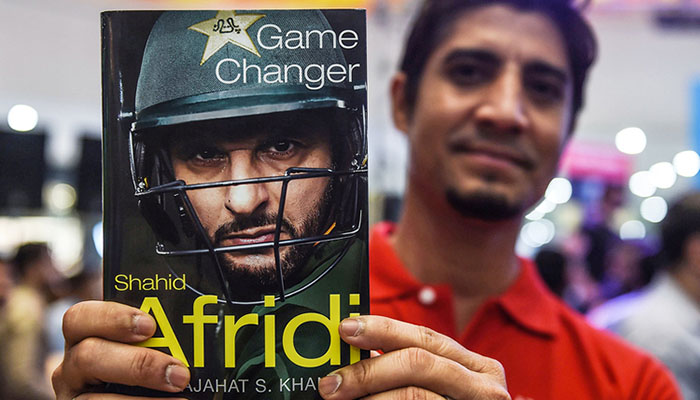
In the last twenty years of cricket, hardly has any cricketer impacted the game as much as Shahid Afridi. The fiery style of batting, the awesome standard of fielding and the speed with which he used to finish an over, certainly needed a book. ‘Game Changer’, a recently published book on ‘Boom Boom’ is a not-to-be-missed entity just like his game. With Journalist-turned-TV Host Wajahat S Khan, ‘Lala’, as he is commonly known among friends, came up with his unique autobiography, which surely is a Game Changer.
The explosive book has everything in it, be it controversies, relations with players and management, things related and unrelated to his career and finally the roles he played in wins for his country.
The hype around the book was created long before it hit the stands. Leg spinner Shahid Afridi let out a ‘quicker one’ about his age, which dislodged the bails at the other end. His ‘debut’ ODI innings has a separate chapter, with more sixes, as it comes with a complete screenplay. (Any Producer out there can surely make a film on that episode). Although there was no mention of his five wickets on 'test' debut, Afridi’s heroics on his first test tour of India, in 1999, have been well documented. Another event from India, when 'Lala' was the runner of Saeed Anwar during the innings of 194 at Bangalore, May 1997, is worth a read, as the innings has never been described that way.
The era, (1997-2003) was the one when Wasim-Waqar rivalry was at its end. Pakistan cricket was in a turmoil and they even lost a World Cup final, giving way to match-fixing claims. Afridi was groomed in such a difficult period yet came out clean. His rivalry with certain Indian players and tussles inside his own dressing room has been mentioned in the book, yet the most interesting part which took me back in time was regarding ‘tape-ball’ cricket. The use of ‘Winn’, ‘Nitto tape’, Shadab Sports and the foregone culture of night cricket, as rightly mentioned, must have been the beginning of T20 Cricket from Karachi.
The way the story is told; from Afghan War, after Russian Invasion to the day Pakistan turned nuclear, has been done superbly. The links created between Afridi’s story and the world affairs sure comes from an expert in International affairs like Wajahat, who happened to have worked with yours truly for some years.
‘How’ did the Afridi clan manage to settle in Karachi? ‘When’ did the young Shahid pick up his first bat? ‘Why’ didn’t his family believed that he has been called for the national team? ‘Where’ did the news of Spot-fixing scandal of 2010 leak? ‘What’ happened to Afridi before the Semi-final of T-20 World Cup 2009? These are just some of the questions answered in the various short and crisp chapters of the book. Above all, the reader gets to know how ‘Afridi’ became Afridi.
Lala, known for his outspoken bursts and sudden retirements, defends himself in this book, though he has partially successful with that. He has tried to cover his statements, ‘the only talented player in Pakistan’, ‘Love in India’ etc. as well as explain his ‘reasons’ for retirements.
Someone who was lethal to the opposing bowlers, this time around, turned his guns towards his fellow countrymen. Javed Miandad, Waqar Younis, Amir Sohail, Muhammad Yusuf (not named, yet clearly directed) and Shoaib Malik were targeted for various reasons. Legendary Batsman Javed Miandad was called a ‘small man’, Waqar Younis for keeping the grudges of the past, Amir Sohail for dragging a young Shahid into petty politics, Yusuf for staging an ouster of Younis Khan and Shoaib Malik, for being not-at-all captaincy material.
However, Afridi was all praise for Former Captain Wasim Akram, wicket-keeper/captain Moin Khan, Younis Khan and Coach Bob Woolmer. He wrote youngsters should have players like Wasim and Moin bhai in the dressing room to teach them everything. As for Woolmer, Afridi believed that the late coach was the one who never interfered with his batting style and let him play naturally.
Though he never played under or was ever coached by Imran Khan, he was all praise for the man. He called him a true leader and even named him in the ‘many’ of his best XI sides as a skipper. No wonder, if one day ‘Lala’ ends up joining his party of forming one for himself.
Being penned by a fellow Pathan, lots of Pushto idioms have been used by Sahibzada Shahid Khan Afridi. It is a book by a regular member of the team who saw Cricket leave Pakistan in 2009 after the terrorist attack on Sri Lankans. Someone, who had ruled the cricketing grounds of Pakistan for more than 10 years, also share the agony of the dark day, Sri Lankan team was targeted in Lahore.
The ‘Game Changer’ surely is an interesting read. The book has already become the No.1 Cricket Book on Amazon and like a whirlwind innings of Afridi, there is no bowler to dismiss him this time ‘on a short-pitched delivery’. There are some errors in the book, but they are amounting to ‘extras’ in a 50-over cricket match. Just keep one thing in mind, if something has a little from the personal and cricketing life of Shahid Afridi, wouldn't it be interesting?
Rating : 4 1/2 out of 5
Note: The views expressed are those of the author, and do not necessarily reflect the official policy or position of Geo News or the Jang Group.




